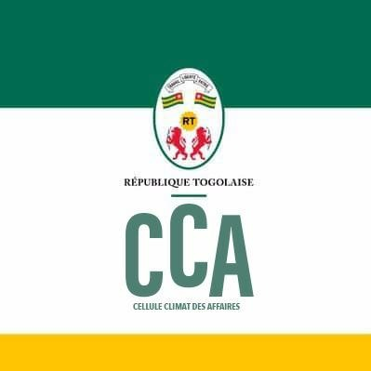Soccer: FIFA to assist West African cotton producers in manufacturing jerseys for the upcoming World Cup, Togo stands to benefit

(Togo First) - FIFA wants to help some West African countries to supply their jerseys for its coming World Cup and other events. FIFA President Gianni Infantino revealed the ambition on February 24, 2024, in Abu Dhabi, at a side event ahead of the 13th Ministerial Conference of the World Trade Organization (WTO).
Infantino, however, imposed the creation of a whole textile value chain in the region as a prerequisite for the ambition’s materialization. The WTO supports the latter with the United Nations Industrial Development Organization (UNIDO) and other partners.
The ambition should foster efforts to develop the budding cotton and textile industry in Africa’s top cotton producers–Benin, Mali, Burkina Faso, and Chad, as well as Côte d'Ivoire (the C4+1 group).
"FIFA has 211 member countries worldwide,” Gianni Infantino recalled. "The big countries and clubs have their equipment producers, but many others around the world have difficulty finding economic players to produce their shirts. We believe that this partnership with the WTO could be of interest to them," he added. According to him, global soccer sales exceed $270 billion, 70% of which come from Europe alone. With Africa stepping up, global sales could hit $500 billion.
"We need to bring some of this money back to Africa, insisted WTO Director General Ngozi Okonjo-Iweala of Nigeria, for her part.
FIFA and the WTO are planning a study in the next few months to speed up the process of integrating West African cotton producers into the global sportswear market which is worth over $200 billion. A visit to West African facilities is also scheduled for next June.
The C4+1 nations should not be the only ones to benefit from this cotton partnership. Togo should too.
The country recently launched a major project to revitalize its textile industry. Arise IIP, which operates the GDIZ textile parks in Benin (a C4+1 country) developed and launched integrated textile parks at the Industrial Platform of Adétikopé in Togo.
Spurred by several efforts, Togo is becoming more present in the cotton processing market. For example, the parliament passed a law to bolster investment in the country’s industrial free zones and create an attractive tax framework for textile companies. This law stabilizes tax rates on companies, dividends, and patents at 10% from the 9th year of operation. It also grants exemptions, notably on property tax, income tax for foreign technical assistance services, and various duties and taxes, with a 50% reduction on customs duties and VAT for commercial vehicles.
Also, since October 2023, the PIA has been exporting "Made in Togo” clothes to the United States.
A military uniform factory was also set up in Datcha by Logistik Unicorp.
Togo produced 700,000 t of cotton last year, according to the National Cotton Company of Togo (NSCT). This is against 46,500 tons the year before.
Fiacre E. Kakpo


















